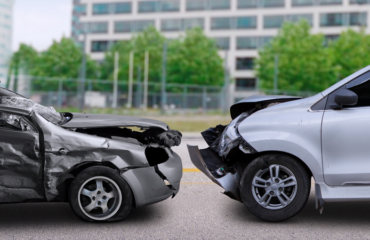Cell phones have been ubiquitous for years now. However, the extremely popular “smartphones” have provided Delaware residents with seemingly endless ways to be in touch and stay entertained. While these devices can be extremely helpful for both one’s personal and professional lives, they can be dangerous, even deadly, when one uses it while behind the wheel. A person hit by one of these distracted drivers can contact a Delaware personal injury attorney for help.
In Delaware, distracted driving is not only dangerous but also against the law. Delaware has had a ban on holding a cell phone while driving in place since 2011. This law makes it illegal to not only use a handheld cell phone while operating a motor vehicle, but also to use handheld PDAs, pagers, laptops, games, and Blackberries when behind the wheel. In essence, drivers on Delaware’s roads are not allowed to use any of the above unless the device is hands-free.
There are consequences to disobeying this law. A driver can be ticketed for over $100 for their first offense, which may include texting and driving, and subsequent infractions can result in fines of over $300. While fines are unpleasant, far worse are the serious auto accidents that can occur if someone’s eyes are off the road. Even glancing away from the road for a moment can lead to a head-on collision where lives are lost or changed forever.
What recourse does one have against a distracted driver? While we can all avoid distracted driving ourselves, it’s impossible to steer clear of other negligent drivers on the roads. If struck by a distracted driver or other type of negligent driver, such as a drunk driver, it can be beneficial to get in contact with a local personal injury attorney, as having a legal advocate on one’s side could strengthen their personal injury claim. Succeeding on such a claim could result in the recovery of compensation for one’s damages, including medical expenses and lost wages.
Source: State of Delaware Office of Highway Safety, “New cell phone and texting law,” accessed Feb. 20, 2017





